Find your passion below and help us transform the future of neuroscience research and training!
When you support UC Davis with a gift to the Center for Neuroscience, you’re making an investment in the future of brain health. Our faculty, researchers and students are studying all levels of the nervous system, from genes and behavior and through all stages of life. Their work is revealing how the brain works, and they are leveraging these discoveries to understand who we are, advance treatments and cures for neurological and psychiatric disorders and stimulate next generation transformative technologies.
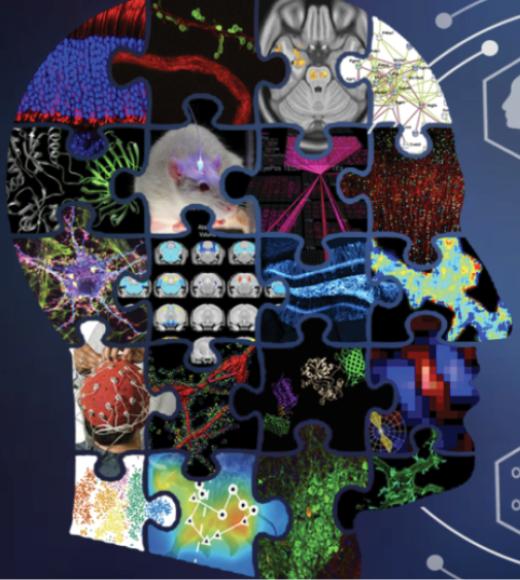
CNS General Support Fund
Your gift to the Center for Neuroscience General Support Fund provides critical support where the Center’s needs are greatest. Donors of $1,000 or more each year become members of the Director’s Circle and enjoy a number of benefits including special recognition, insider’s news and updates and access to meet the director and interact with esteemed faculty and visiting scholars. Director’s Circle members also qualify for membership in the UC Davis Chancellor’s Club. Please join us!
RESEARCH
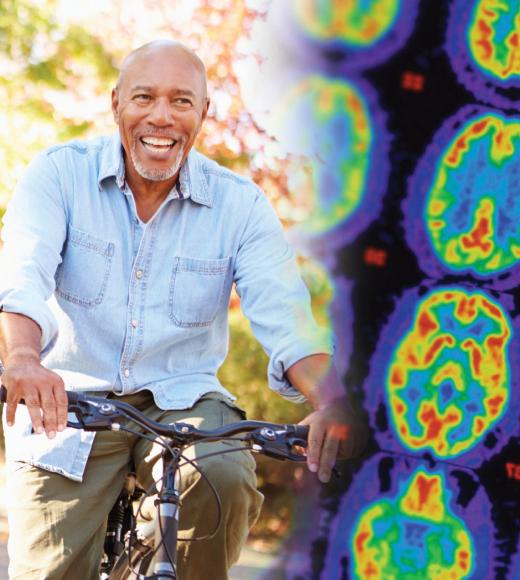
Healthy Brain Aging Research Fund
Breaking down traditional barriers between research and practice and uniting our strengths in neuroscience across the university, the Healthy Brain Aging Research Fund will advance novel approaches to optimize brain health from birth—dramatically improving brain aging for those of us getting older now, and shifting the trajectory of brain aging for the next generation. Gifts to the Center for Neuroscience’s Healthy Brain Aging Research Fund will support innovative research that reveal the remarkable complexity of the brain and catalyze new treatments to promote and improve brain health throughout the lifespan.
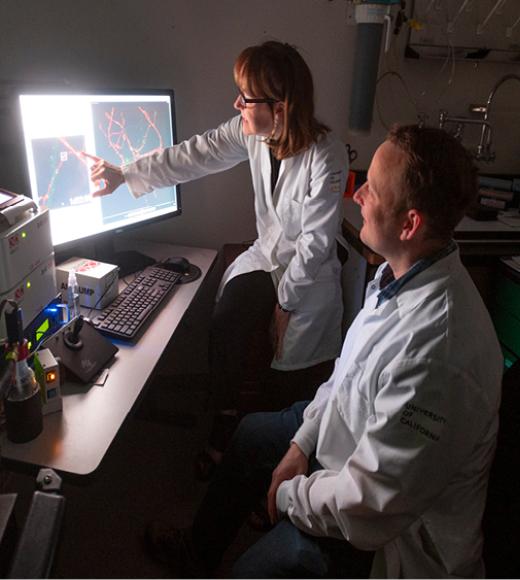
Janet A. Neff Research Innovation Fund
Established by Deborah Neff, B.S. Physiology ’76, in honor of her sister, the Janet A. Neff Research Innovation Fund supports pioneering research in memory and plasticity at the Center for Neuroscience. The fund aims to deepen our understanding of neurological function and advance the search for cures for disorders such as Alzheimer’s disease.
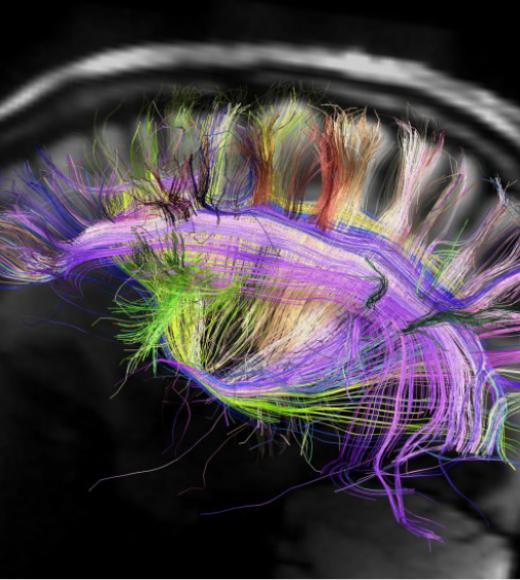
Mental Health Research Innovation Fund
Gifts to the Mental Health Research Innovation Fund supports research and discoveries related to the underlying causes of mental health conditions, including but not limited to autism spectrum disorder, ADHD, depression, anxiety, bipolar disorder, and schizophrenia, to accelerate the identification of new targets and treatments for mental wellness.

Dorothy Leong Dunn Alzheimer's Disease Research Fund
In memory of Dorothy Leong Dunn and in honor of individuals and families touched by Alzheimer’s disease and related dementias, the Scott-Dunn Family invites you to join in the race for new and more effective treatments and cures for this devastating disease.
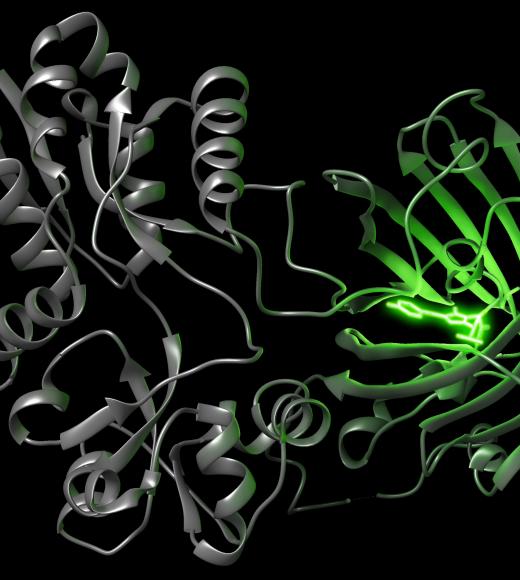
Substance Abuse Research Program
Substance Use Disorders (SUDs) or addiction is the fastest-growing health and well-being threat in western society. The Center for Neuroscience’s Substance Abuse Research Program fosters a new approach to team science and research in SUDs to underscore the relevance of memory, decision making, brain development and co-morbid neurological disorders to addiction and to translate our findings into a new therapeutic development pipeline to treat SUDs. Support from generous donors and friends will help our nationally and internationally recognized neuroscience experts to make substantial discoveries that will improve individual and public health.
TRAINEE SUPPORT
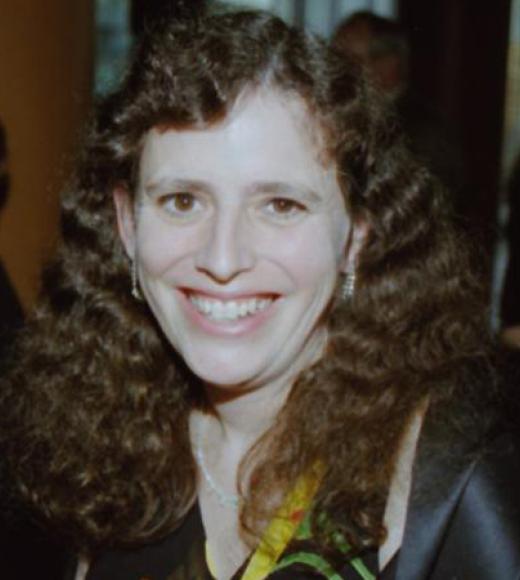
Barbara Chapman Neuroscience Award
The Barbara Chapman Neuroscience Award honors the outstanding contributions that Dr. Barbara Chapman made to neuroscience research, graduate and professional students, and the University community. This endowment provides support to one or more UC Davis neuroscience graduate student(s) to attend conferences, workshops, courses, and formal or informal practical training or internship opportunities to advance their knowledge and skills applicable to their thesis research.
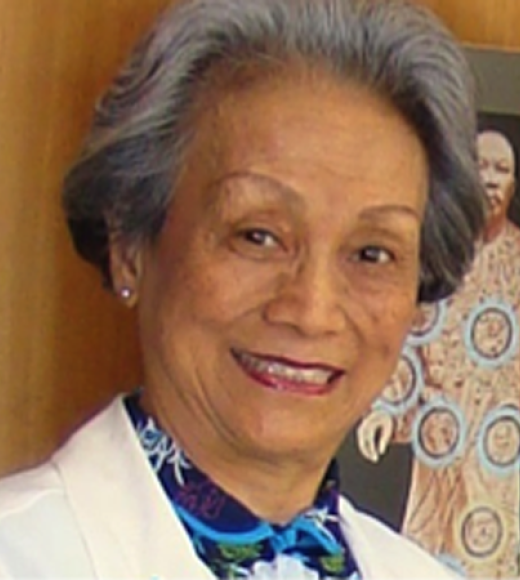
Ling-Lie Chau Graduate Student Award for Brain Research
The Ling-Lie Chau Graduate Student Award for Brain Research supports high-achieving graduate students who have passed all qualification requirements and become official candidates of Ph.D. and/or M.D. programs and who will carry out brain research within the Neuroscience Graduate Program, administered by the UC Davis Center for Neuroscience, to enhance the educational experience and attract quality candidates for future graduate student recruitment.
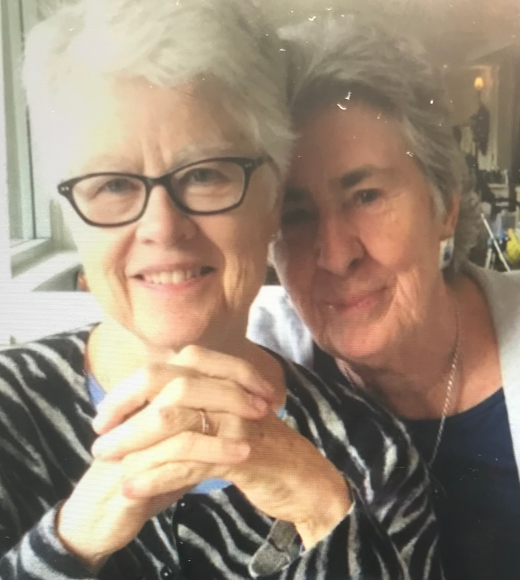
Karen Sigvardt, Ph.D. Neuroscience Award
In honor and memory of her beloved partner, Audrey Webb established the Karen Sigvardt, Ph.D. Neuroscience Award to support graduate students in the Center for Neuroscience who exemplifies UC Davis’s Principles of Community and are engaged in efforts that create a vibrant, inclusive academic community where all individuals can thrive. Gifts to the Award provide travel grants to one or more graduate students, enabling them to participate in meaningful academic and professional development opportunities. These may include, but are not limited to, conferences, workshops, specialized courses, and other ventures that enhance their skills, expand their knowledge and strengthen their professional networks.
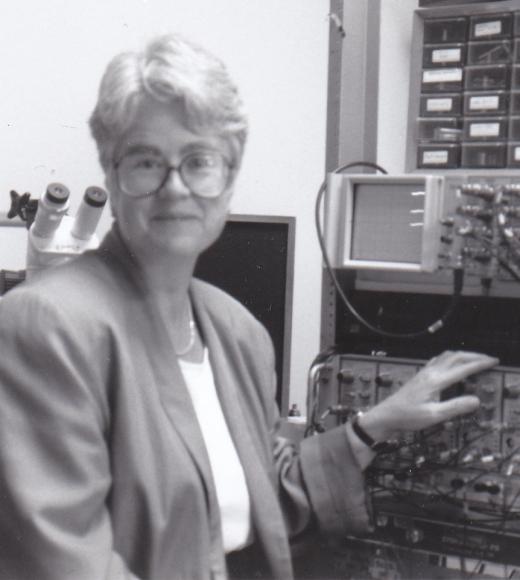
Karen Sigvardt, Ph.D. Neuroscience Fellowship
For more than four decades, Dr. Karen Sigvardt was a trailblazer in neuroscience, making landmark discoveries in cognition and functional brain networks in patients with Parkinson’s disease. A gifted researcher, Karen was also a generous mentor and inspiring role model, especially for young women pursuing careers in science. Contributions to the Fellowship provide an annual stipend to one graduate student, with the opportunity to reapply for continued support. The stipend is intended to support the student’s research expenses.

Victor and Meg Chan Graduate Student Award
The Victor and Meg Chan Graduate Student Award provides financial support to one or more UC Davis Center for Neuroscience graduate student(s) to attend conferences and other scientific opportunities that help advance their knowledge, research and careers. Funds will be used for this purpose, including but not limited to transportation, lodging, registration and stipend.

David L. Weaver Award
The David L. Weaver Award provides financial support for one or more UC Davis neuroscience graduate student(s), postdoctoral scholar(s), and/or early-career faculty to attend conferences and other scientific events that help advance their knowledge and research training in the prevention, treatment and rehabilitation of stroke and traumatic brain injuries.
COMMUNITY OUTREACH

CNS Community Outreach Fund
The Center for Neuroscience Community Outreach Fund promotes public awareness and understanding of neuroscience research through educational outreach activities, including Brain Awareness Week’s public seminars and interactive experience. Gifts support community outreach events, materials, equipment and other resources to enhance learning and help disseminate information that increase the community’s understanding of how the brain works and the development of new prevention and treatments for neurological and psychiatric disorders.
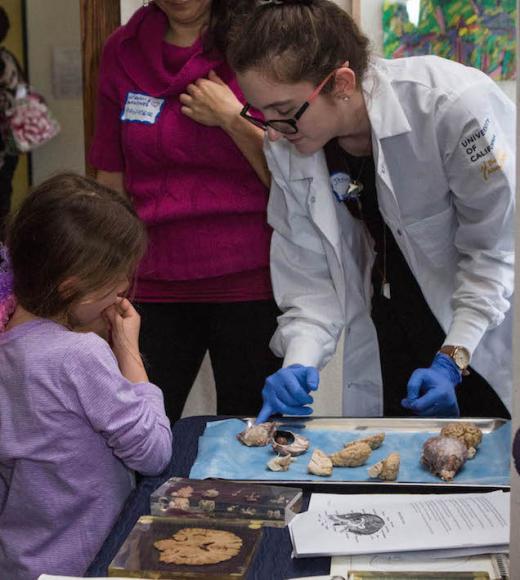
CNS Community Outreach Endowment
The Center for Neuroscience offers community members of all ages interactive, educational experiences to celebrate brain science. Experiences such as NeuroFest, an annual Brain Awareness Week event that includes public lectures, interactive booths, and a research poster contest, attract hundreds of individuals and families each year. Faculty and graduate students also bring neuroscience to the classroom, making presentations and providing hands-on activities to K-12 students throughout the region, as part of our outreach program. Gifts to the CNS Community Outreach Program Endowment will provide equipment, materials and resources for meaningful learning experiences to the community in perpetuity.
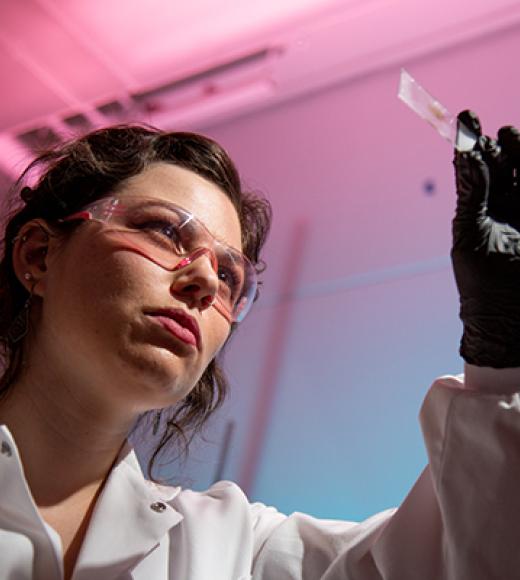
CNS Emergency Relief Fund
In times of crisis, such as during a pandemic, natural disaster, national emergency, or other unforeseen tragedies, your gift to the Center for Neuroscience Emergency Relief Fund will provide emergency financial support for our trainees, staff, and faculty experiencing hardship and for resources to save groundbreaking research projects and the careers of our next generation of neuroscientists.

